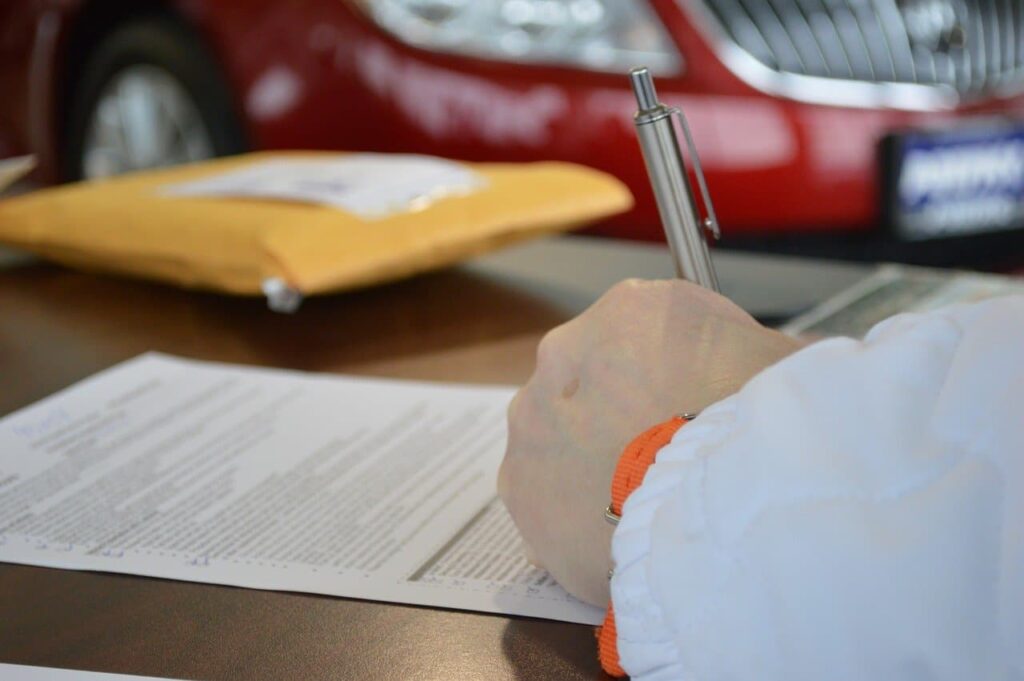
The legal actsBy definition of the law, they are lawful volunteers whose immediate purpose is to establish some legal relationship between people, and in this way create, modify, transfer, preserve or annihilate defects.
The purpose of the act It must be legal and therefore have a value in accordance with objective law, precisely what differentiates this class of acts from the generality of lawful acts. Legal acts have a countless classifications, as well as elements that constitute them in their legal character. And in addition, they are subject to a series of vices that affect them in their entirety.
What are the vices of legal acts?
With the name of vices of legal acts, the group of abnormalities that can cause the invalidity of the act is known. In fact, these vices are made up of three large groups:
- Simulation. Simulation is the vice that takes place when the legal nature of the act is concealed under the appearance of another act, or when the act contains insincere clauses, or dates that are not true, or when the transfers of rights that arise are not for the people who actually constituted the act. The simulation may be:
- Absolute When the act being celebrated is not real in any way.
- Relative. When the act is used to give an appearance to something that hides its true character.
- Fraud. Fraud occurs when a debtor alienates his assets, becoming insolvent in order to eliminate them from the possibility of execution by creditors. The damage to the creditor puts him in a compromised situation, and that is why he has the possibility of initiating some revocation actions in order for the assets to re-enter the debtor’s patrimony. The nullity produces the unenforceability of the acts, which means that they will be valid but with the possibility of seizing assets that are in the name of a third party, assuming complicity in the fraud.
- Injury. The injury or the state of necessity, is what occurs when one of the parties exploits the need, the lightness or the inexperience of the other, thus obtaining a disproportionate patrimonial advantage and without justification. The injured party may request the annulment of the legal act or its readjustment, but he needs to verify the disproportion of the patrimonial result, and the exploitation that he has suffered: on many occasions, a notable disproportion is already proof of the exploitation.
According to the classes seen, the following list includes some cases of vices of legal acts.
Examples of vices of legal acts
- A bogus corporation is created for the purpose of transferring tax obligations.
- A livestock company sells donates all its assets to a foundation, declaring itself insolvent.
- In the pretense of donating the goods to person A, a company donates them to person B with a counter-document that forces them to be transferred to person A.
- A person signs a contract with an indigenous person who does not know the Spanish language for which he obtains a disproportionate profit.
- The creditor appears to collect the debtor’s obligations, and notes that he has sold all his assets.
- One person has just inherited shares on the stock market, and another persuades him to sell them for a price far below the market price.
- Falsification of the date of conclusion of an agreement.
- Clauses in which the price for which a thing is transmitted is higher or lower than the true sale price.
- One person earns ten times the market rate for a loan of money to another, who desperately needs the money.
- When sending a donation, legal documents of purchase and sale are made.
